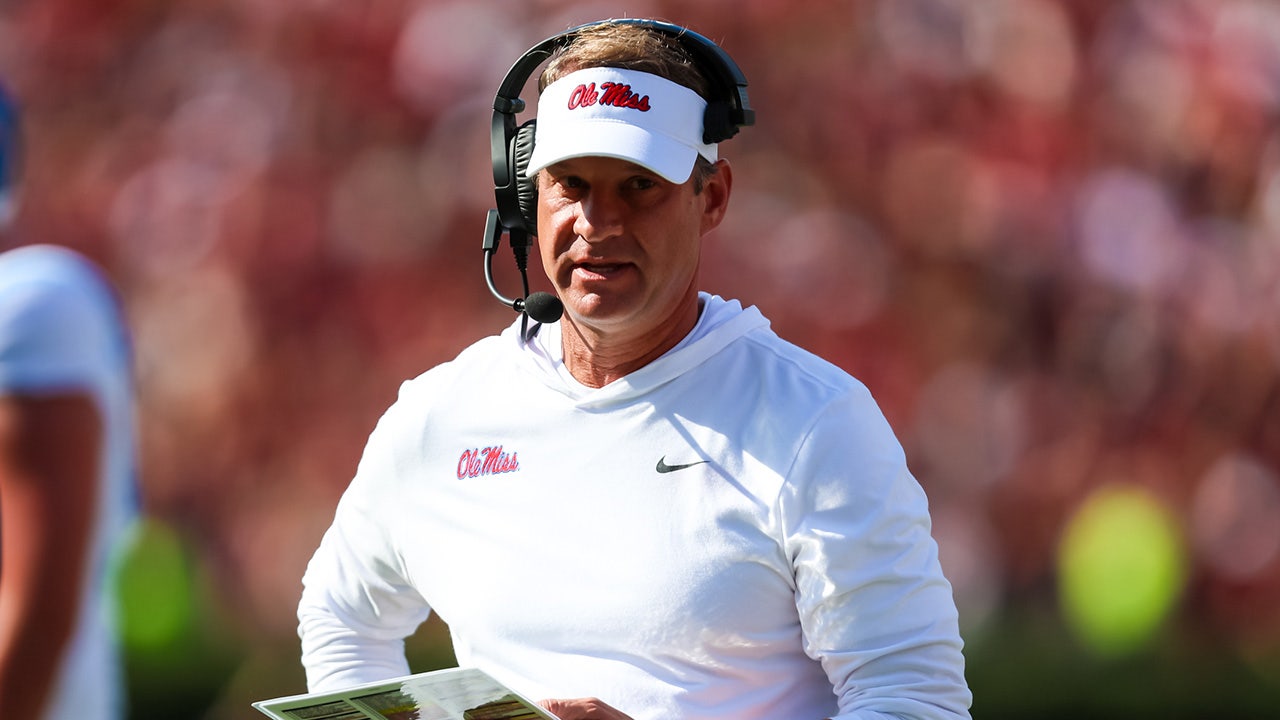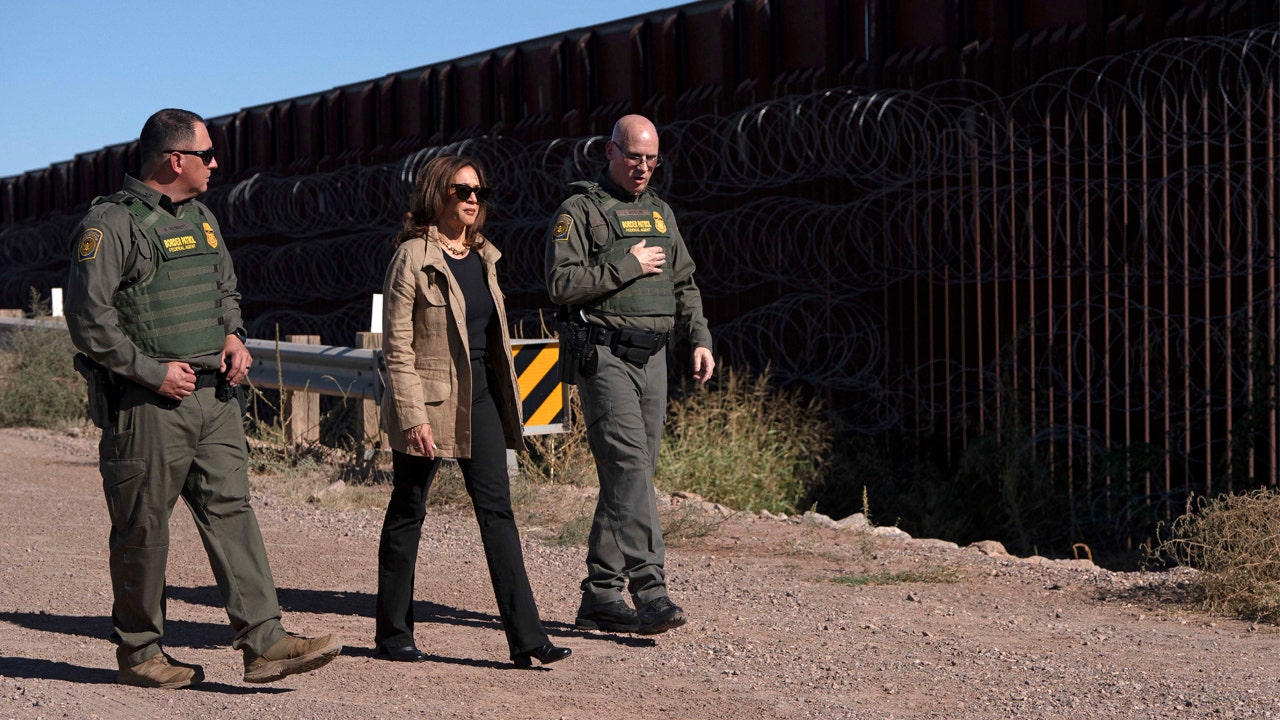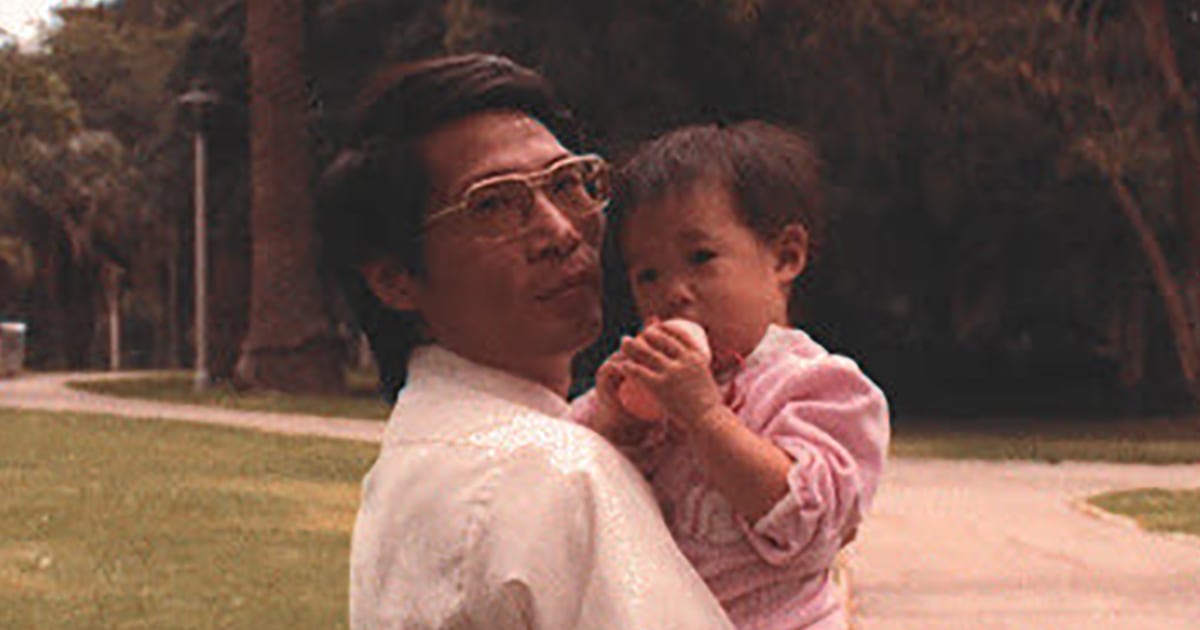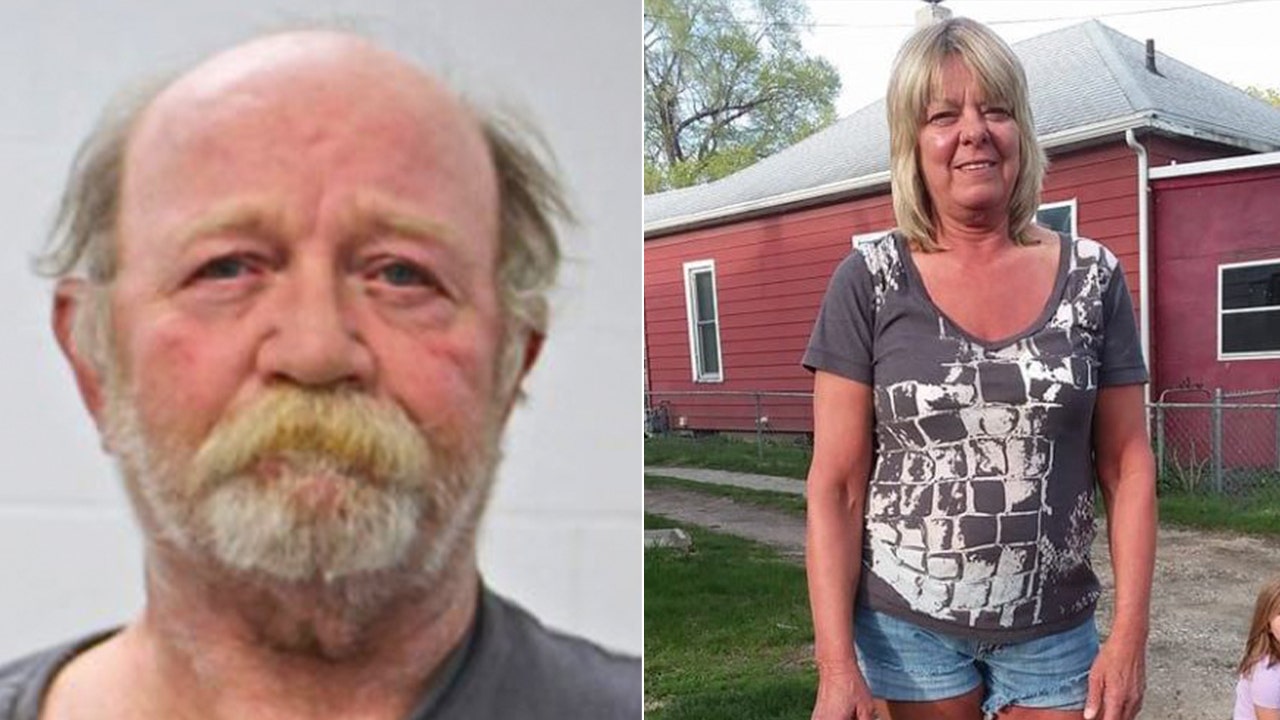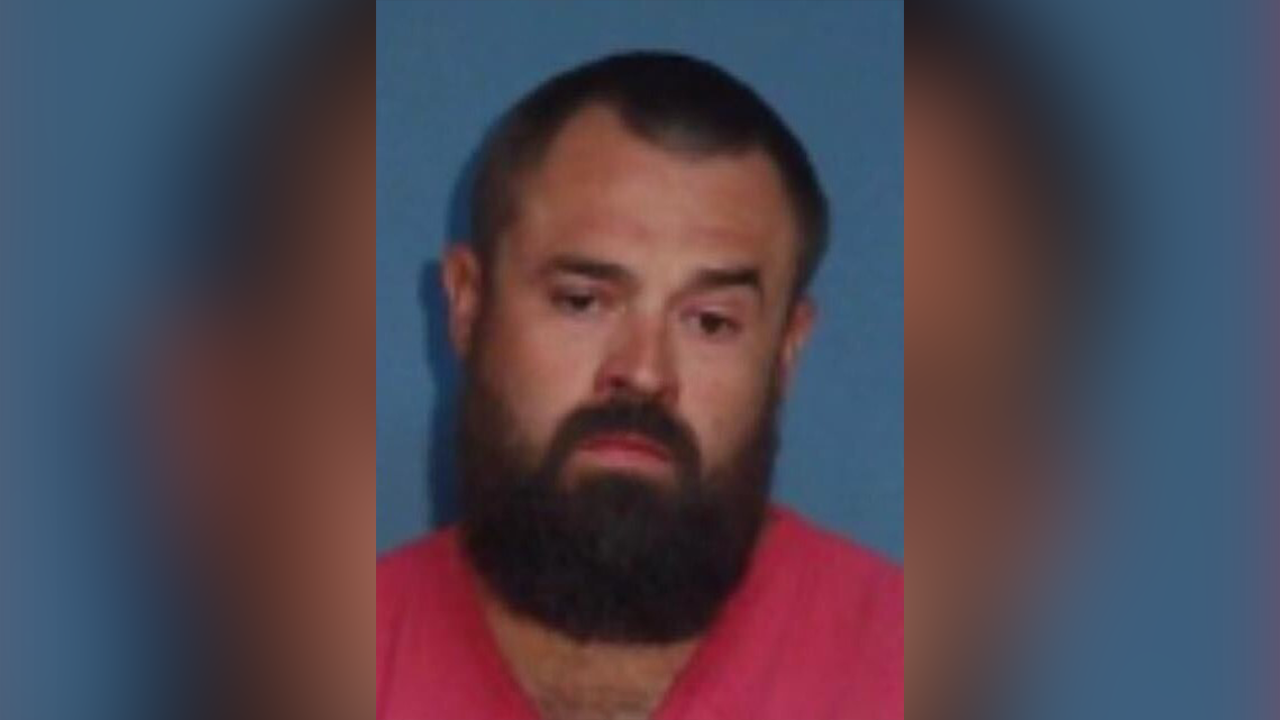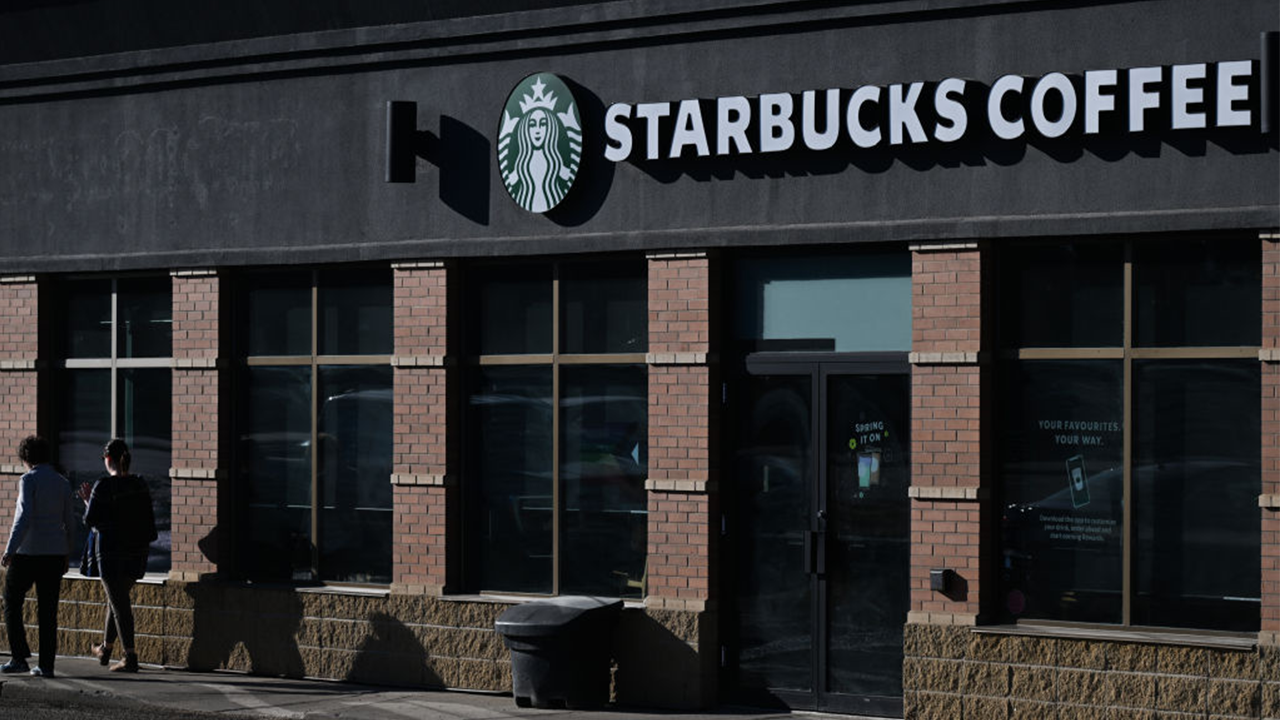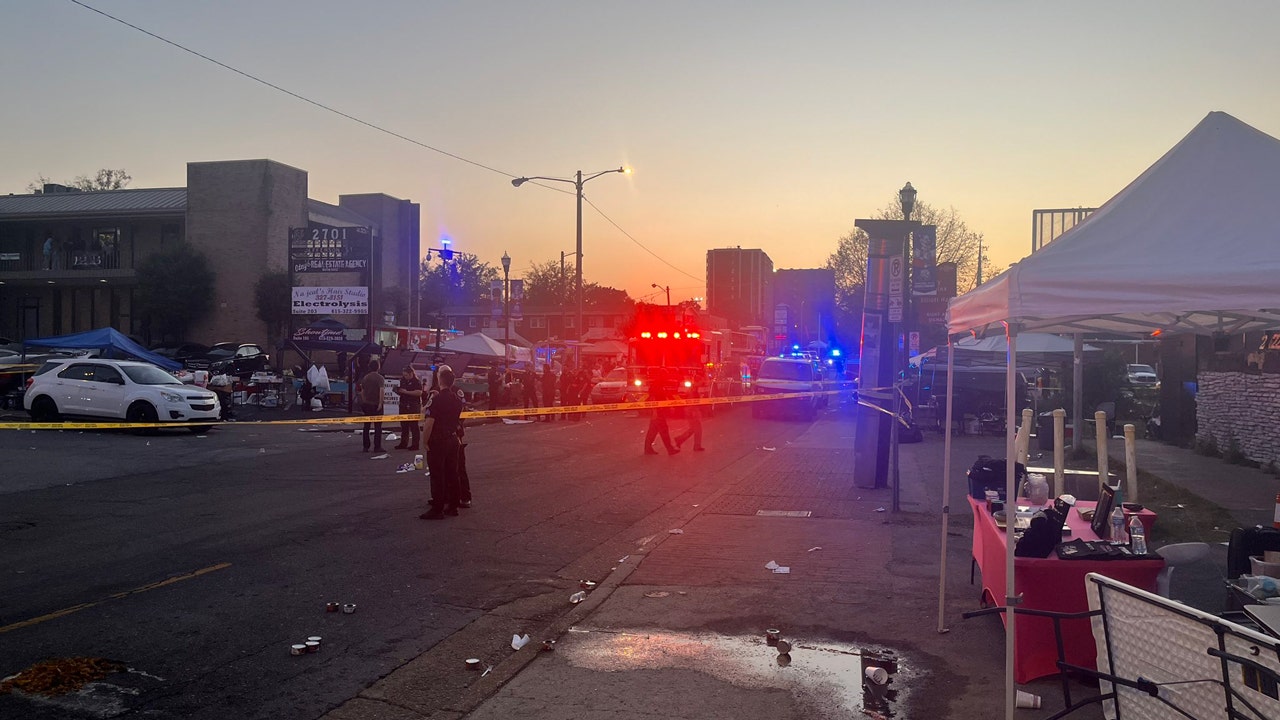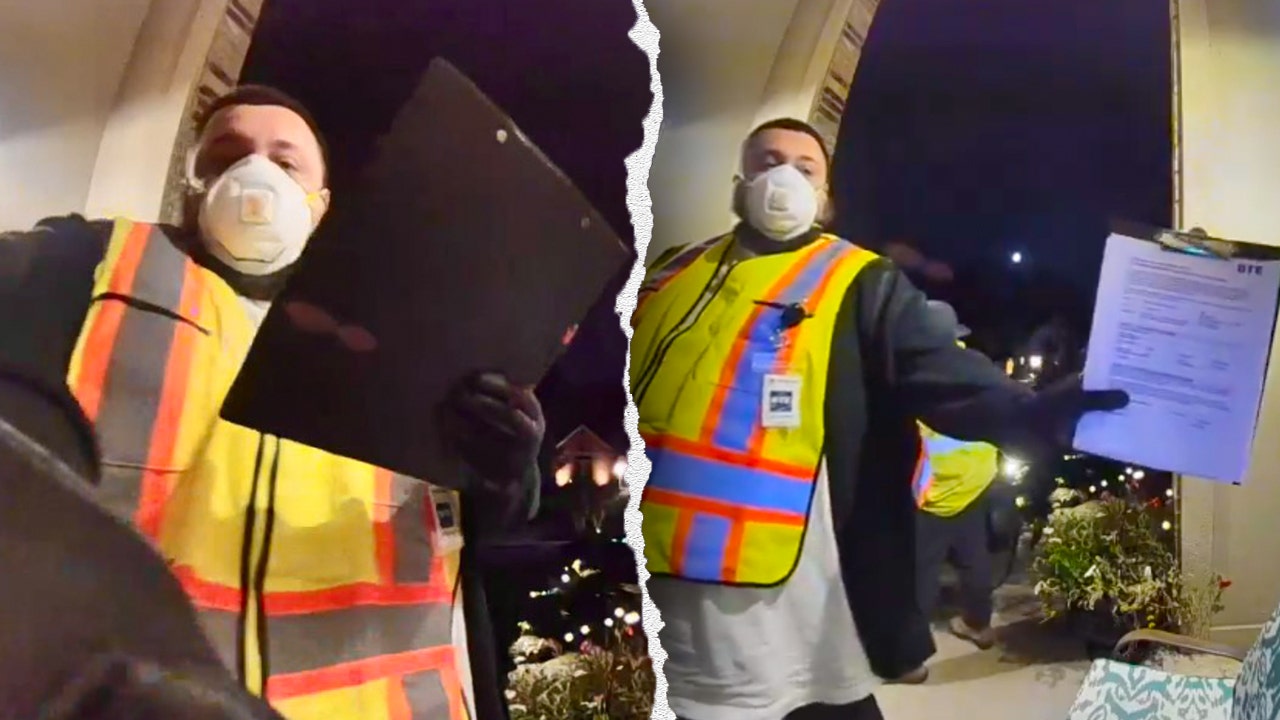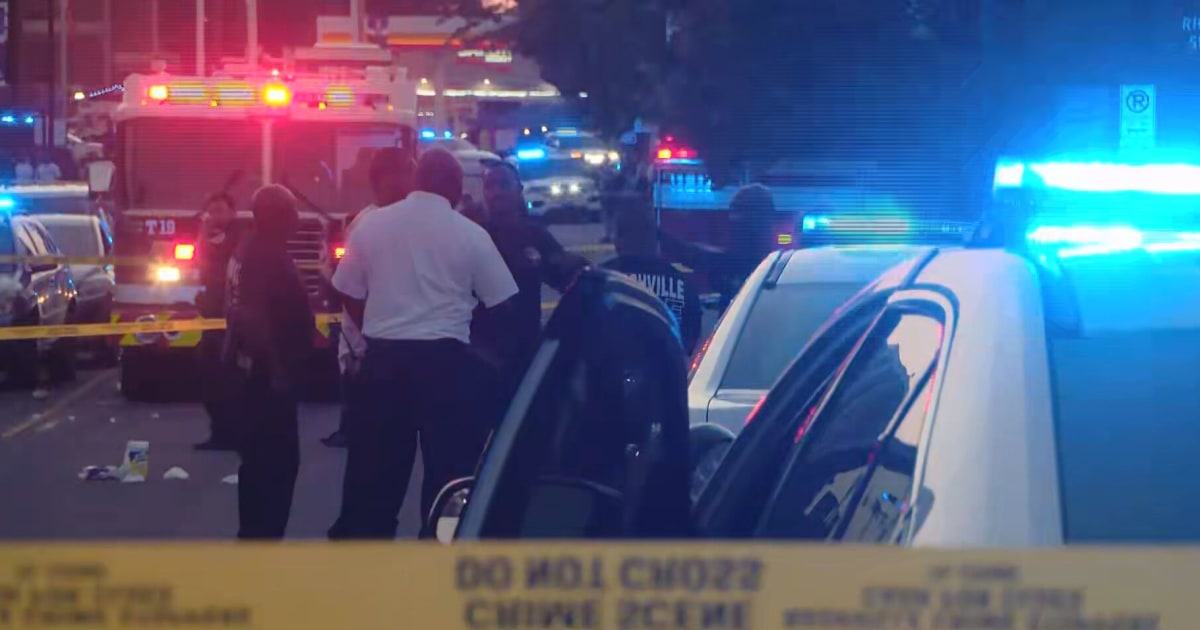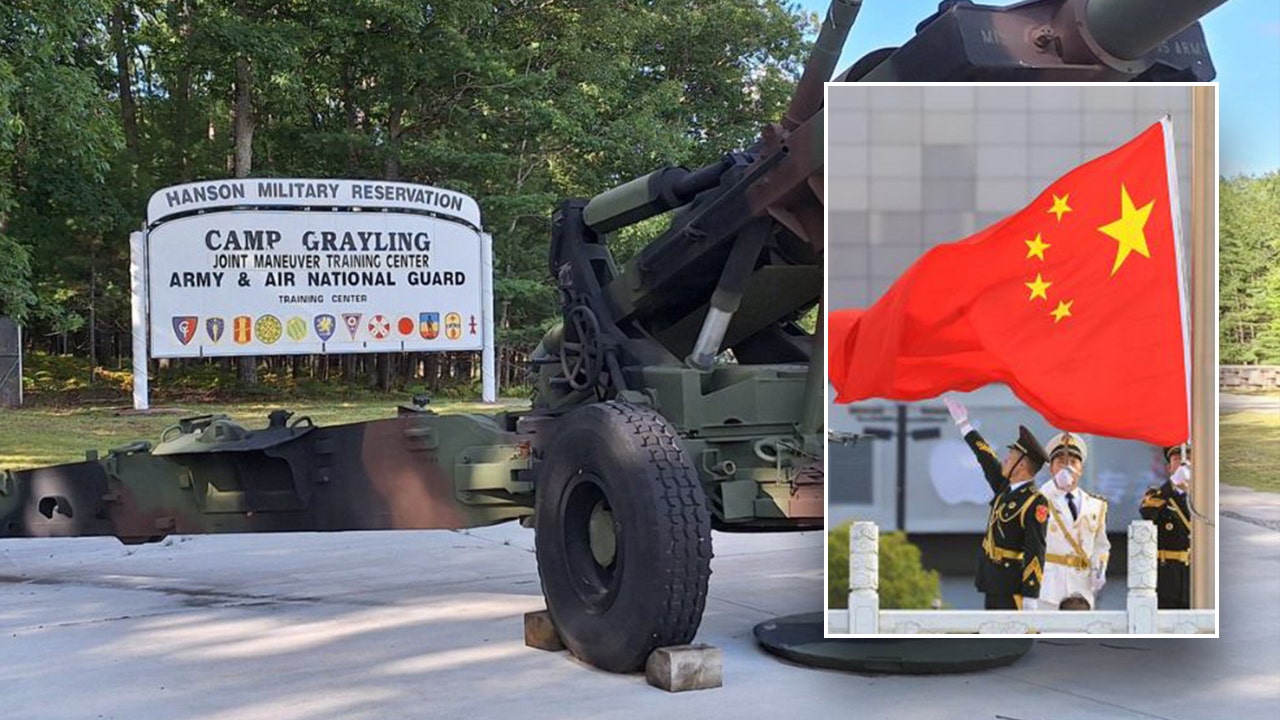BEIJING — Chronic pain. Mental anguish. Despair.
The families of four Americans detained in China say their loved ones are suffering both physically and mentally, and they are urging the U.S. government to do more to bring them home.
Their appearance before the Congressional-Executive Commission of China on Sept. 18 came days after the surprise release of American pastor David Lin, who was held in a Chinese jail for almost 20 years.
The Dui Hua Foundation, which monitors prisoner rights in China, estimates there are about 200 Americans detained here, more than in any other foreign country. Two of them — Mark Swidan and Kai Li — are considered “wrongfully detained” by the State Department, as was Lin.
The estimate includes Americans who are imprisoned as well as those who are prevented from leaving China while a case is under investigation. The use of such “exit bans” has prompted the State Department to advise Americans to ‘reconsider travel’ to China — its second strongest warning category.
Beijing says all such cases are handled in accordance with the law.
In a letter to President Joe Biden on Oct. 1, Reps. Chris Smith, R-N.J., and Jeff Merkley, D-Ore., who head the commission, asked that he devote the remainder of his term to advocating for the release of Americans wrongfully detained in China.
“If the Chinese government wants to improve relations with the United States, it should release Americans who are wrongfully imprisoned without condition and unilaterally end the use of ‘exit bans,’ a form of de facto hostage-taking,” they said in the letter, noting that Li has spent more time in prison than the combined sentences of Paul Whelan, Evan Gershkovich and Alsu Kurmasheva — three Americans recently released from prison in Russia
The congressmen also asked that Biden meet with the families of Americans detained in China and that State Department and White House officials meet with them more frequently to provide updates.
Securing the release of detained Americans is tricky for Washington and Beijing — the two have no bilateral prisoner transfer agreement — even as the U.S. negotiates complicated prisoner exchanges with countries such as Russia.
That is frustrating for people like Nelson Wells, whose son Nelson Wells Jr. is imprisoned in the southwestern Chinese city of Chongqing, and Tim Hunt, whose sister Dawn Michelle Hunt is imprisoned in the southern Chinese province of Guangdong.
They were joined at the hearing by Li’s son, Harrison Li, as well as Swidan’s mother, Katherine Swidan, who appeared by video. All four were representing Americans who had been detained in China for at least eight years.
The hearing “gave us the opportunity to sit with other family members who are suffering the same trauma and drama that we are suffering, so we were able to connect,” Wells Sr. told NBC News in an interview. “And I think because we came together as a unit, it gives us a bigger platform, a bigger voice.”
“We all hugged each other afterwards, and of course I completely lost it,” Hunt said in an interview.
Wells Jr., who is from Louisiana, and Hunt, who is from Chicago, were both arrested in China in 2014 in separate incidents. Both were accused of smuggling drugs, which their families say they did unwittingly, and were sentenced under China’s strict drug laws.
Wells Jr. was initially sentenced to life in prison, but in 2019 his sentence was reduced to a fixed term of 22 years, not counting time he had already served. Hunt is serving a life sentence after being sentenced to death with a two-year reprieve.
Now in their 50s, their health — and hope — is declining, their families say. The feeling that time is running out is spurring the prisoners’ relatives to draw greater attention to their cases in the hope of securing their release.
In his testimony before the commission, Wells Sr. said that his son was suffering from “chronic pain, seizures, malnutrition, internal issues, dental pain, severe depression and thoughts of self-harm.”
“He feels alone. He feels helpless. We all do,” Wells Sr. said. “I do not know how long I will be able to implore him to hang on.”
According to Tim Hunt, his sister may have ovarian cancer but has refused surgery because she doesn’t trust prison officials.
“My family is getting worn down. We’ve gotten our hopes up, only to be disappointed, again and again,” he said in his testimony.
The families say that Nelson Jr. and Dawn Michelle, who are Black, have also received harsher treatment because of their race.
Lin, 68, was released on Sept. 15 and returned to the U.S. where he reunited with his family after nearly 20 years, according to the State Department. Matthew Miller, a State Department spokesperson, said Secretary of State Antony Blinken had repeatedly raised Lin’s case as well as those of other wrongfully detained Americans in his meetings with Chinese officials.
“We continue to push for the release of other wrongfully detained Americans,” Miller said.
In a statement to NBC News after Lin’s release, the Chinese Foreign Ministry said, “China is a country governed by the rule of law, and the relevant Chinese authorities handle related matters in accordance with the law.” The statement did not mention Lin specifically.
The Wells family was on their way to Washington when they heard about Lin’s release.
“I was very excited and happy and hopeful for him and his family,” Wells Sr. said.
“But on the other end, it was like, why not us?” he said.
Wells Sr. said he and his wife, Cynthia, speak with their son once or twice a month, in calls limited to 10 minutes.
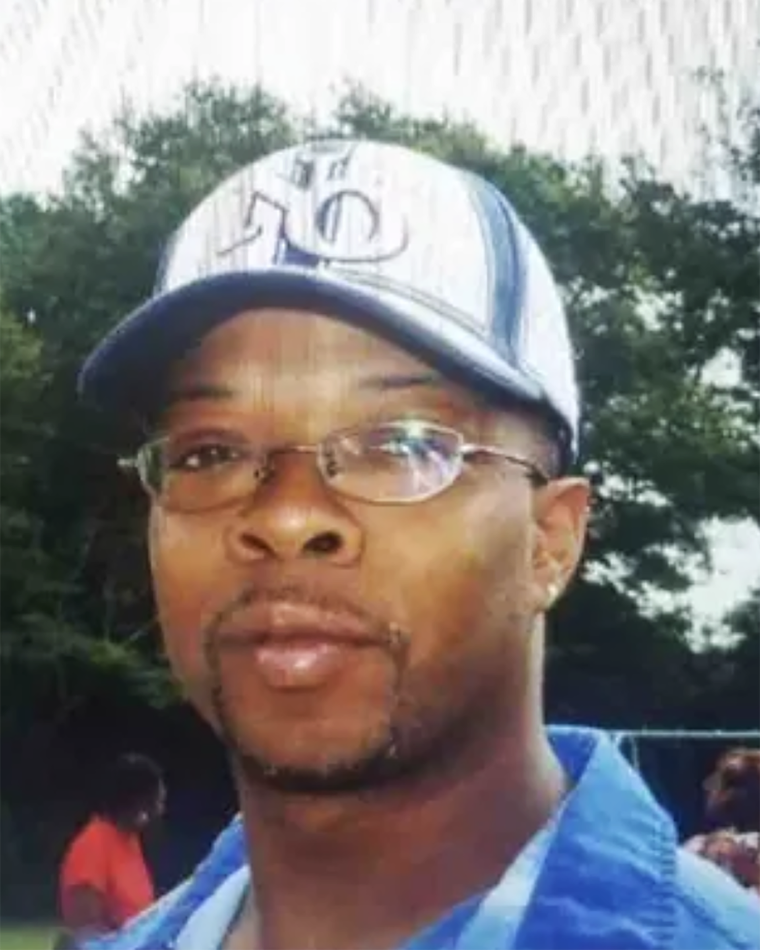
“Sometimes we will have calls that make us tear up and cry because he’s having a rough time,” he said. “Other times he tries not to put too much on us.”
He said Wells Jr. was “excited” and “very hopeful” about his family’s appearance before the commission.
Wells Sr. said the bipartisan panel seemed to be interested and engaged, asking questions about a 2018 change to Chinese law that allows for the transfer of certain foreign prisoners on medical, humanitarian or compassionate grounds to serve out their sentences in their home countries, where they may be able to petition for early release.
“It gets them out of the Chinese prison and gets them home,” said James Zimmerman, a Beijing-based American lawyer who has been in China for more than 25 years and who has advised both the Wells and Hunt families.
But, Zimmerman added, families cannot avail themselves of this option without U.S. government action.
Wells Sr. said he hoped to keep his son positive with the news of Lin’s release and the renewed congressional attention, and “give him at least some more inspiration to say, ‘I’m next.’”
